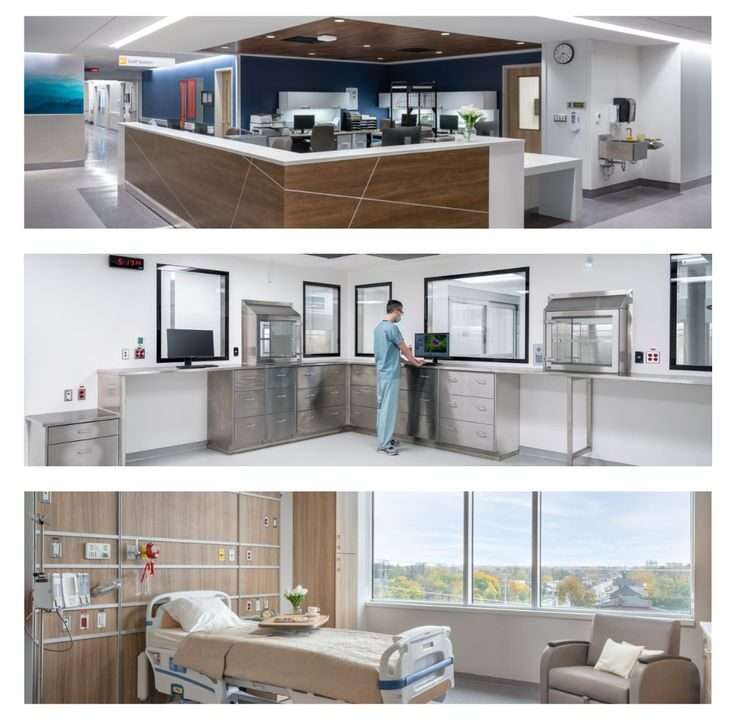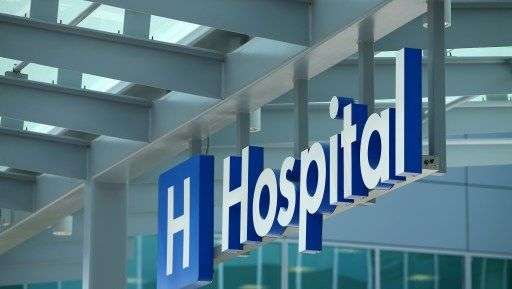
Healthcare venture:Things to remember before starting a
March 30, 2022
4 Factors to remember in hospital site selection
April 19, 2022You are a healthcare specialist with a vision to start your own hospital which will be an oasis of compassionate and committed care. But, in today’s times, along with being altruistic, you have to be realistic and business-minded to ensure that your dream project does not turn out to be a loss-making debacle.
A feasibility study can help you in this regard. A feasibility study is a valuable tool that entrepreneurs can use to gauge whether their venture will be practical and profitable. Feasibility studies are critical exercises that need to be conducted to determine whether your healthcare dream project is an economically viable business proposition.
The feasibility study is an in-depth analysis and investigates the viability of your future business scheme and tells you point-blank if your dream project is really worth the investment. It can also be used as a predictive tool to determine if your targeted project will be profitable in the long run. A feasibility study is like a test run and will give you a better clarity of your proposed vision to invest in a healthcare institution.

Some benefits you can expect are
1. Identification of new opportunities
2. Determination of business alternatives and options.
3. Evaluation of multiple parameters in a time-phased manner
4. Collection of factors to make a sound decision.
Thus, a feasibility study can aid you in weighing the practicality of your proposal and in putting numbers to various milestones and breakeven points.
For any business venture, a feasibility study is a practicality check, but it is even more so for a hospital or a healthcare venture because of the mammoth costs involved and the multidisciplinary and multi-phased nature.
There are four common mistakes that you should avoid in a hospital feasibility project
- Avoid using already existent market data
The right data is critical to get the right synopsis of both internal and external factors, namely internal information like core strengths as well as external data like segment paradigm shifts, competitor trends and market challenges.
A feasibility study is supposed to be like a traffic signal and help you determine if your project idea is a NO or a GO.
If your feasibility study is conducted on the basis of old data or data collected by others, it is likely that it may give you a wrong signal. Assure that fresh independent data and first-hand information is the foundation of your hospital’s feasibility study.

2. Avoid Keeping the line Vague
The reason behind conducting a feasibility study is to gauge whether it makes sense to move ahead with your plans for establishing your healthcare institution or expanding your hospital. Do not make haste in this assessment as it should involve in-depth study of multiple parameters. Only a proper evaluation can unravel potential threats, risks, and uncover opportunities. A feasibility study should not only cover the broad outline, but it should also focus on the nitty-gritties of your venture. It should give answers to specific questions and narrow down to tiny details.
E.g., It is not merely enough to list down the medical equipment that you will need, you will have to note down the cost, the space required, the ROI, the hospital equipment supplier and the terms of sale and maintenance he/ she is offering.

3. Avoid conducting a feasibility study internally
A feasibility study should be unprejudiced and unbiased. Only then will it give you an accurate picture of the practicality and the profitability of your hospital venture. Since, you and your team will be emotionally involved in your venture, you may not be able to conduct this exercise rationally and impartially. Your involvement and your passion may make you unconsciously turn a blind’s eye to probable concerns. An independent assessment is essential to counter this prejudice. Hence, make sure that you enlist the services of external specialists for conducting your project’s feasibility study without thinking of cost-cutting. There are numerous healthcare consulting firms in India which can help you in this initiative.
4. Avoid enlisting the help of consultants from other fields
Feasibility studies are conducted in every segment. However, since the Healthcare business involves a complex web of interlinked processes, it will be better for you to avail of the services of healthcare consultants only.
Healthcare involves a maze of regulations, licensing, government allowances, ethical promotion etc. that makes it more complicated than any other business. It is like walking across a tight rope…and hence it is better to trust expert and experienced professionals with this. Healthcare consultancies employ a diverse cohort of professionals with specialized knowledge of the many challenges and trials of the medical business in particular. There are several reputed and experienced Hospital consultancy firms in India which can provide you with these services. One of these leading healthcare consultant firms in Mumbai is Hospertz which has more than two decades of experience in the challenging field of healthcare consultancy.

To summarize, before laying the foundation stone of your dream project it is always prudent to invest in a feasibility study. You may hesitate to conduct this thinking of the cost. But better believe this…the cost of not doing a feasibility study and then facing difficulties and failure will be much much higher.
Blog has been written by Dr. Vishal Jadhav, a veteran in the field of hospital consultancy with a rich experience of more than 20 years and founder of the Healthcare Consultancy Firm, Hospertz.
Dr. Vishal Jadhav, Director
hospertz@gmail.com
+91 9867712705/ 9820833149



